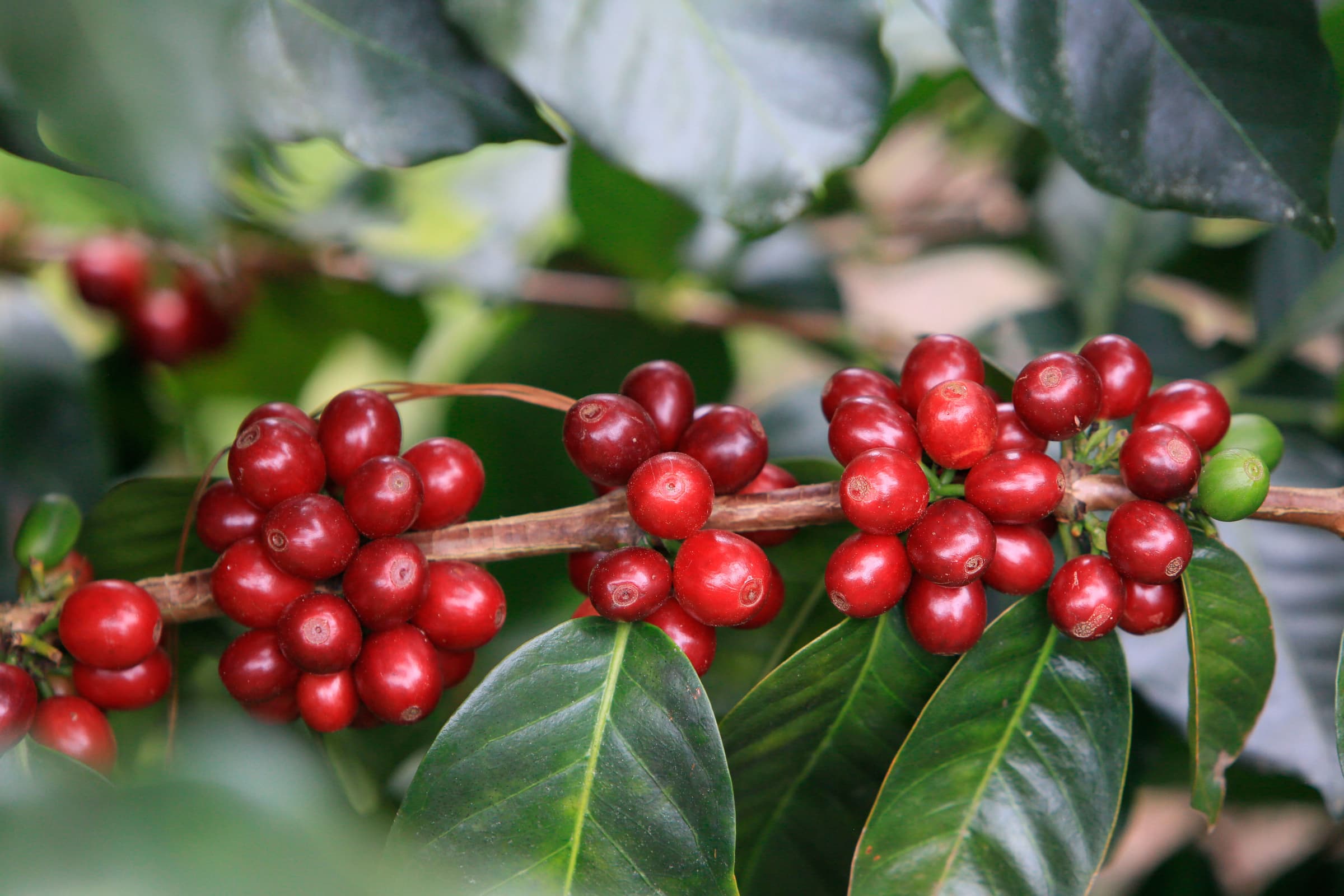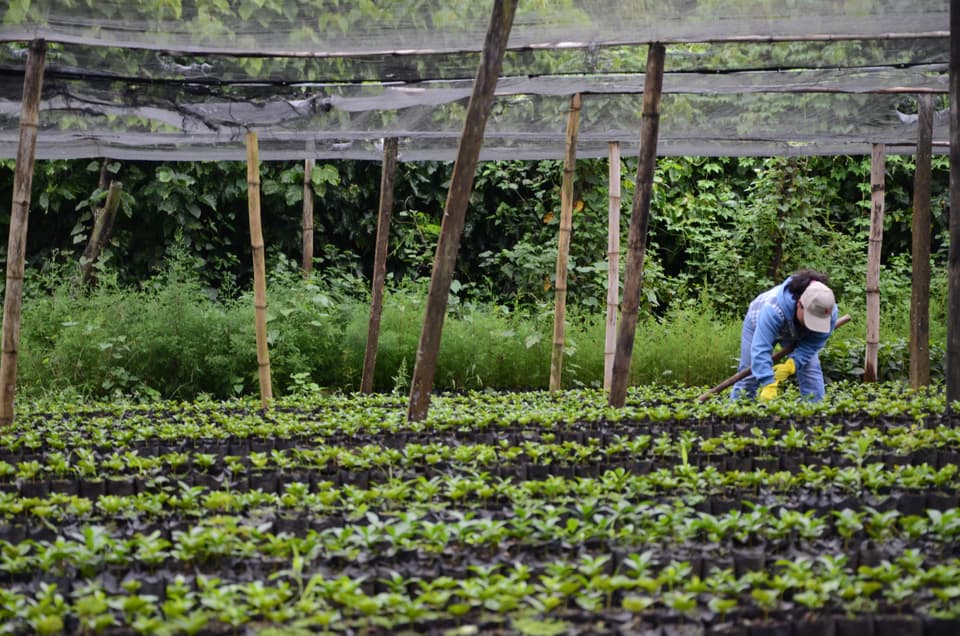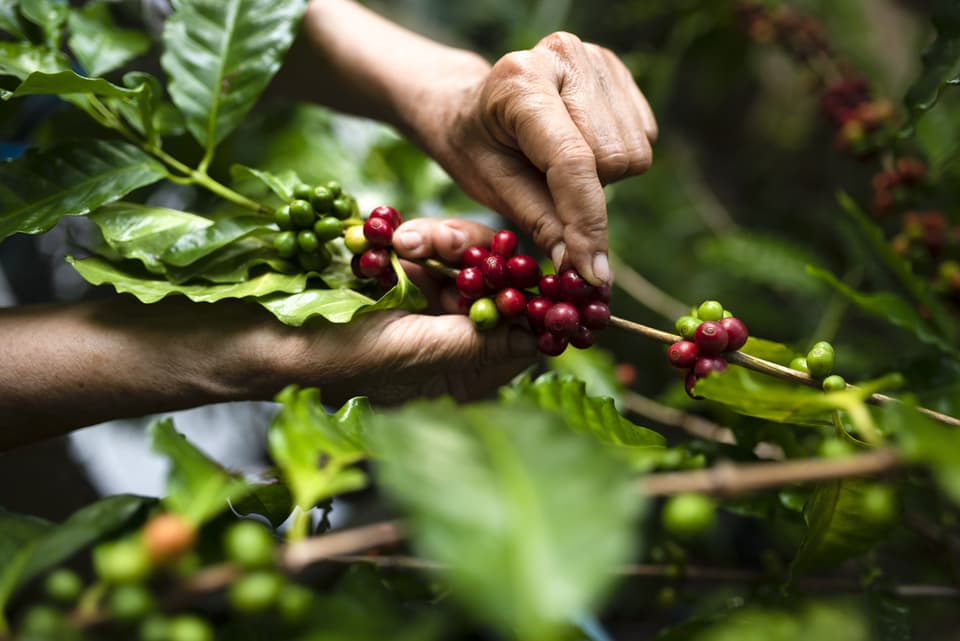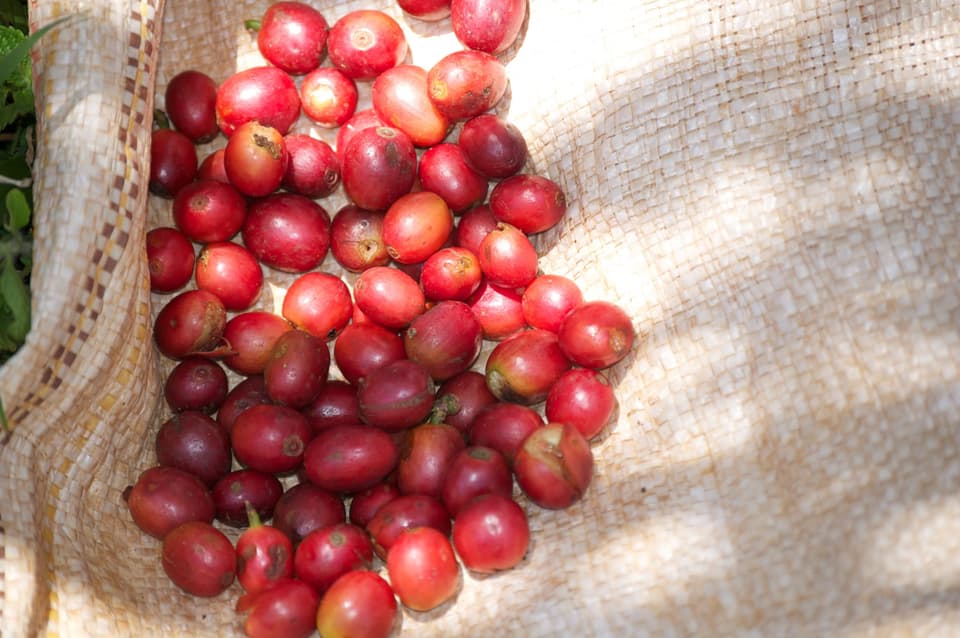Over the two decades, Honduras has risen to become the dominant exporter of coffee in Central America. Historically, Honduras has been known primarily as a source for commercial-grade arabicas, but the country today produces a wide range of qualities from commercial to specialty.1 Coffee is the main agricultural export crop; the country’s 120,000+ coffee farms contribute a third of agricultural GDP.2 Honduras has one of the most organized coffee sectors in the region, primarily through IHCAFE, which supports farmers to access fertilizers and other inputs, loan repayment, and renovation. The country is expanded its planted area since the introduction of a newer rust-resistant variety called Parainema, to over 300,000 hectares.1 Honduras has younger trees on average than many neighboring countries due to an organized national renovation program initiated after the 2012 coffee leaf rust epidemic. Honduran farmers grow a mix of traditional and improved arabica varieties, including Lempira and Parainema.
1. USDA Coffee Annual: Honduras, 2025.
2. Creating Markets in Honduras, World Bank/IFC 2022.








